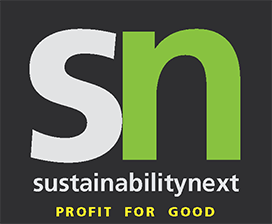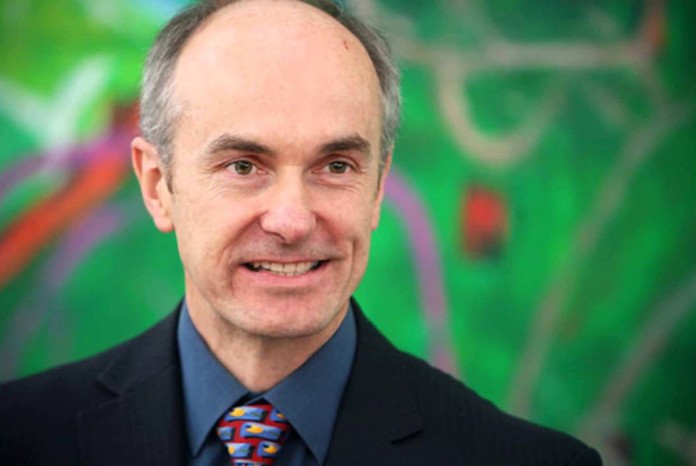At 48, David MacKay can easily be called a super achiever. In 1999, he invented Dasher, a keyboard-free text-inputting program that uses a predictive language model to allow users to write efficiently using eye movements, head movements or even breathing.
He contributed to the development of low density parity check codes. LDPC codes are now employed in varied applications such as computer disk drives, mobile phone networks, digital broadcasting and Wi-Fi, ubiquitous but essential components of our modern world.
But Sir Mackay is famous for his book ‘Sustainable Energy — Without the Hot Air’ published in 2008. Bill Gates praised it as “one of the best books on energy that has been written”. Within two years it had sold 40,000 copies. The book’s free digital version is reported to have been downloaded nearly half a million times. (download for free @ www.withouthotair.com).
This book has earned Sir David MacKay, who died of stomach cancer in April 2016, cult status in the field of climate change and the future of energy. A mathematician at heart, his book cut through the chaff and argued for energy consumption management/transformation using hardcore numbers. His famous quote is – “We need numbers, not adjectives,” to compare the energy realities of everything from solar power to air travel
to vegetarianism.
Since 2008, a lot has happened to the world of energy. Even though the price of fossil fuel is at one of its lowest, since the last year or so, and may stay that way for another year, there is no visible let up in the momentum on building substantial capacity of renewable energy all over the world, especially in China
and India.
There’s still lot to be done – especially distribution of renewable energy and also making fossil fuels like coal more clean. The more we apply real numbers to solve the impending energy and climate crisis, the better off we could be. That would be our real tribute to Sir MacKay.
– By Benedict Paramanand




